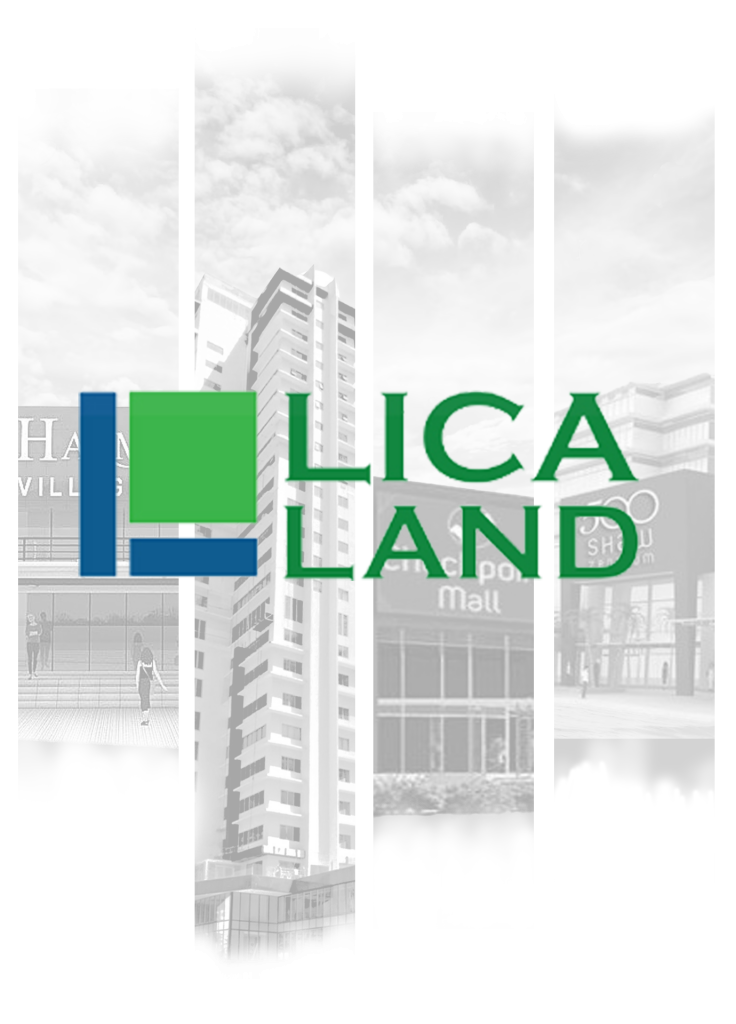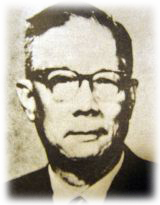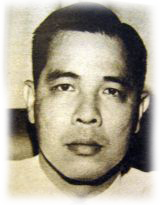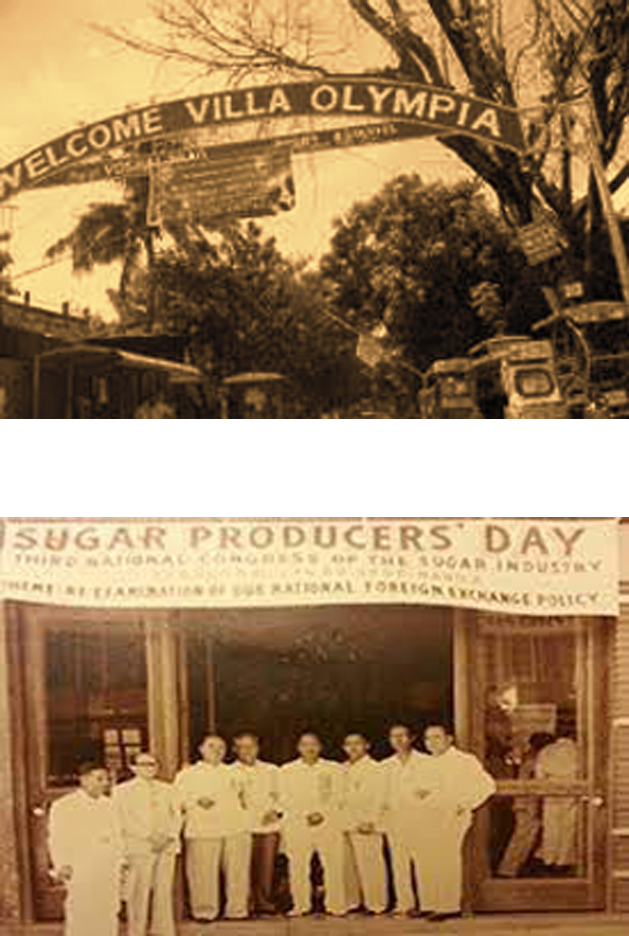
LicaLand is a real estate development company based in Manila that specializes in commercial, residential, and hospitality real estate. It is a subsidiary of the Lica Group, a conglomerate of companies engaged in real estate, hospitality, automotive, financial services, and office solutions.
Licaland owns and develops a substantial land bank in and around Metro Manila. Lica Land has its own development projects as well as joint projects with other major players in the Philippine real estate industry. Together with its affiliates, it represents some of the most innovative property development projects in the Philippines, both inside and outside of Manila.
Middle-income residential subdivisions, neighborhood shopping centers, Autoplexes, commercial, office, and residential buildings such as hotels are among our projects. Lica Land seeks out and acquires undeveloped and underdeveloped land in both urban and rural areas with untapped potential. It employs a high standard of construction that is environmentally conscious, transforming ‘raw terrain’ into a high quality and valuable asset with long-term value. Tenants, owners, partners, and investors choose Lica Land because of our excellent locations, innovative development concepts, and Lica marketing network.

Exhibit determination in reaching goals and consistently meeting or exceeding expectations. DON’T GIVE UP. Focus on continuous improvement and don’t consider failure to be an option.

Behave ethically, safely, honesty and lawfully. Take pride in everything that is fair and knowledgeable and build integrity in every situation.

Work collaboratively and coordinate harmoniously with every member of the company towards common goals. Treat people with respect and dignity. Commit to the company where personal wants and needs become secondary.

Grew up in the small town of Cabuyao, Laguna. His friends dubbed him “Sugar” because, despite being a doctor by training, he spent much of his time developing sugar plantations in the province. He rose to prominence in the thriving agricultural industry at the time. According to a Rotary tribute to him, “Sugar is fondly remembered when we see children of indigent parents receiving education assistance and care from the many donations from “Sugar”…when church bells toll and people coming and leaving the parish church of Cabuyao which was built through the financial intercession of “Sugar”…happy fathers look with pride at their brood—wives and children because “Sugar” was a devoted father, husband and dedicated family man.”

Was born in 1930. He took over his father’s businesses and established LICA’s real estate development and automotive companies. As President and later Chairman of Luzon Development Bank, he significantly expanded banking operations. Aside from that, Bing has broadened his knowledge and skills by serving the country as Administrator for the National Electrification Administration, Director for NAMFREL (National Movement for Free Elections), and Director of the Philippine Chamber of Commerce and Industry. He is now the Chairman Emeritus of LICA and the F.T. Limcaoco Foundation. He previously worked as an engineer at California Texas Oil and as a banker at the Philippine National Bank. He attained his education at the Philippines’prestigious universities, Ateneo de Manila University and the University of the Philippines, as well as at Cornell University, where he earned his Masters Degree in Electrical Engineering. The University of the Philippines School of Engineering honored him as the Most Distinguished Alumnus.

Sugar was the leading crop in the province of Laguna in the 50’s and 60’s.
Conversion of many sugar plantations in the area into various real estate projects became possible with Laguna’s proximity to Metro Manila and its later development into Manila’s industrial belt. Mr. Felix “Sugar” Limcaoco, Sr., fourth from the left, is pictured here with other sugar planters in a sugar industry event in Manila in 1954.
The towns of old Laguna — Cabuyao, San Pedro, Canlubang, and others — used to include vast sugar and rice fields, and many were planted by LICA’s founding forefathers. FORFOM, LICA, and other affiliate owned plantation-based lands in san Pedro and Cabuyao, Laguna, which were eventually developed into residential subdivisions and industrial parks, being just outside the perimeter of Metro Manila and easily accessible by the South Luzon Expressway and the Philippine Railway. With these, CALABARZON region was considered as the most prosperous region after Metro Manila.
The development of Villa Olympia Complex was started in the 1970’s, and was the largest residential development in San Pedro, Laguna. Through joint ventures, co-developments and affiliated developments,several other residential subdivisions were also developed in our land bank. Hence, we fundamentally created today’s sprawling and vibrant San Pedro communities.

